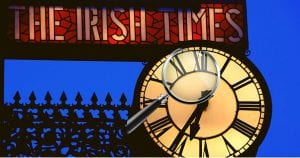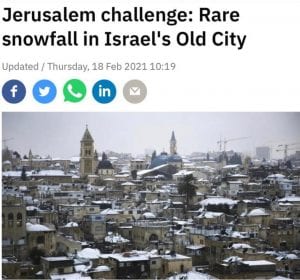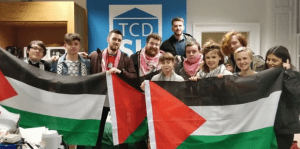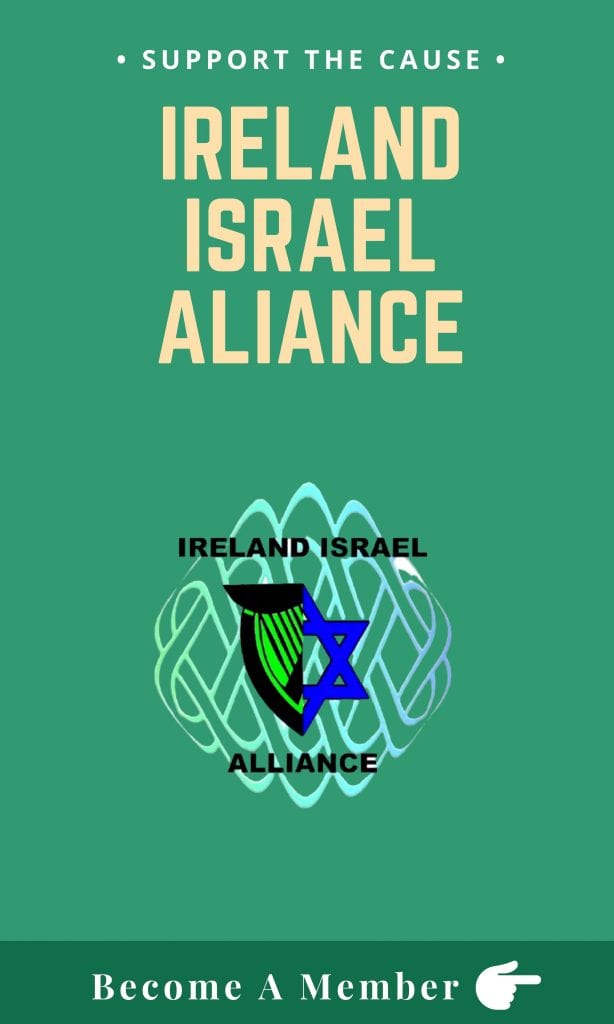Many Irish foreign ministers over the years have acted as if they nurture a messianic feeling that they can ‘solve the Middle East’.
That’s why they adopt positions that, even within groups of like-minded nations hostile to Israel, such as the EU, are extreme. It comes from the belief that Ireland has the unique template for the solution. And that belief fuels official Irish hostility to Israel.
Way back in 1980, it was the proud boast of then Irish foreign minister Brian Lenihan Snr. that Ireland had become the first country to recognise the PLO as the representative of the Palestinian people. On a visit to Bahrain (somewhat ironically, in view of this week’s news) he also demanded total Israeli withdrawal from the ‘occupied territories’ including its capital city, Jerusalem, and called for an independent Palestinian state with no preconditions.
This, remember, was 14 years before Ireland established full diplomatic relations with the Jewish state, and 14 years before the PLO made even a pretence of recognising Israel’s right to exist and abandoning violence against it.
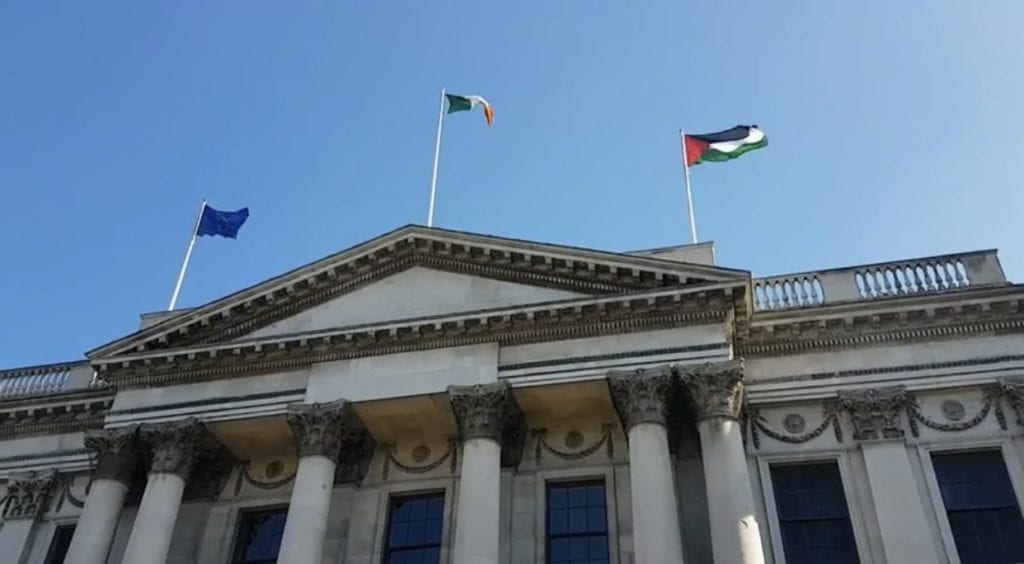
Foreign Minster Micheál Martin was no different in 2008-9. When the first Gaza war erupted after three years of Hamas’ rocket bombardment of southern Israel, Martin issued five statements in the first week. All denounced Israel’s air strikes on Gaza in specific terms. There was also criticism of Hamas’ actions, but the words ‘Hamas’, ‘rocket attacks’ and ‘Israel’ did not appear once in the same sentence. To anyone familiar with the diplomatic importance of words, this was one-sided criticism.
Current foreign minister Simon Coveney increases Irish financial aid to Mahmoud Abbas’ corrupt Palestinian Authority, aid that funds its ‘pay to slay’ programme for families of ‘martyrs’ killed while stabbing or car-ramming Jews. And while other EU states have welcomed the new friendlier relations between Gulf states and Israel, Ireland’s foreign minister stays silent.
What accounts for this Irish attitude of exceptionalism? The answer lies in perceptions of Ireland’s history.
Having been guardians of the MOPE (Most Oppressed People Ever) torch for decades, Irish governments think they’ve found the ideal people to pass it it on to.
Remember the concept of ‘mapping’ in school Maths – the idea of a one-to-one correspondence between each element in one set and each item in another?
- Everything appears to match.
- A small nation – check.
- We experienced oppression by a powerful neighbour – check.
- We’ve had colonial rule – check.
- We’ve suffered dispossession – check.
- We had to use violence to win independence – check.
- We forced oppressors to accept there’s ‘no military solution’ – check.
- We’re good at mobilizing international support – check.
- We had to reluctantly accept partition, so can understand why some Palestinians don’t like a two state solution – check.
- And if a Palestinian state is made nonviable by the Fatah-Hamas power struggle, well, we had to have a civil war too before it all settled down – check.
Irish people are slowly awakening to the inappropriateness of this model. If Israel is powerful now, it’s only because, starting from small and weak beginnings, it has had to fight tooth and nail to survive attacks from multiple directions aimed at its extinction. Playing up the rights of one nation at the expense of another will never bring peace between them.
But Irish foreign affairs officials and ministers still seem intoxicated with the mistaken notion that Ireland possesses a unique ‘key’ that can bring a new state into existence.
Who wouldn’t want to down in history as the one who wields that key?
By Dermot Meleady

